Everyone's worried about stopping terrorism. Well, there's really an easy way: Stop participating in it
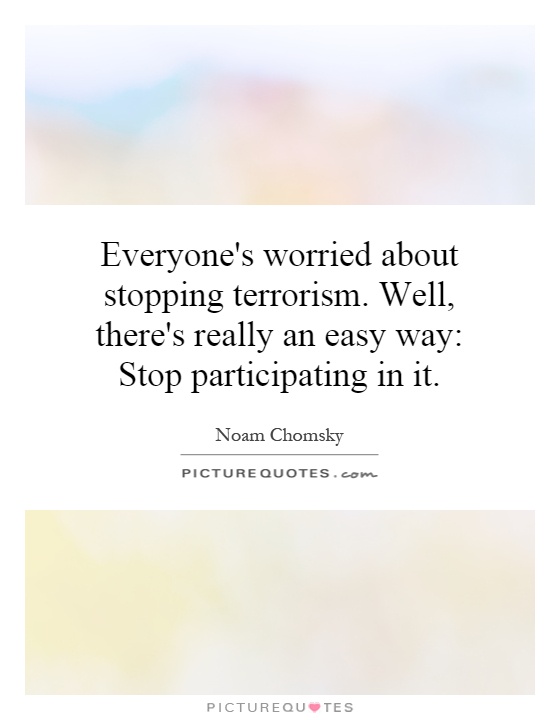
Everyone's worried about stopping terrorism. Well, there's really an easy way: Stop participating in it
Noam Chomsky, a renowned linguist, philosopher, and political activist, has long been a vocal critic of U.S. foreign policy and its role in perpetuating terrorism around the world. His quote, "Everyone's worried about stopping terrorism. Well, there's really an easy way: Stop participating in it," succinctly captures his belief that the actions of powerful nations, particularly the United States, often contribute to the cycle of violence and extremism that fuels terrorism.Chomsky's critique of U.S. foreign policy is rooted in a deep understanding of history and geopolitics. He argues that the United States has a long history of supporting repressive regimes, overthrowing democratically elected governments, and engaging in military interventions that have destabilized entire regions. These actions, he contends, create the conditions for terrorism to flourish by breeding resentment, anger, and a sense of powerlessness among those who are affected by them.
Chomsky's call to "stop participating in terrorism" is a call for a fundamental shift in the way that powerful nations like the United States engage with the rest of the world. Instead of relying on military force and intervention to achieve their goals, Chomsky advocates for a more diplomatic and cooperative approach that respects the sovereignty and self-determination of other nations. He believes that by addressing the root causes of terrorism, such as poverty, inequality, and political repression, it is possible to create a more just and peaceful world.
Critics of Chomsky's views may argue that his perspective is overly simplistic and fails to account for the complex nature of terrorism. They may point to the existence of extremist ideologies and groups that are driven by hatred and a desire to inflict harm on others, regardless of the actions of powerful nations. However, Chomsky's point is not that all terrorism can be eliminated by changing foreign policy alone, but rather that addressing the grievances and injustices that fuel terrorism is a crucial step towards reducing its prevalence.
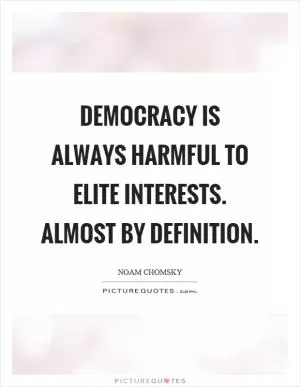
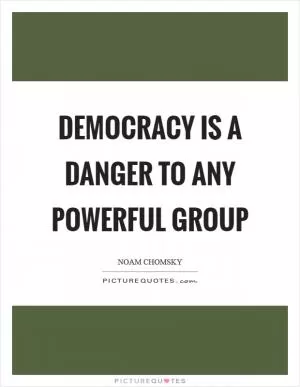

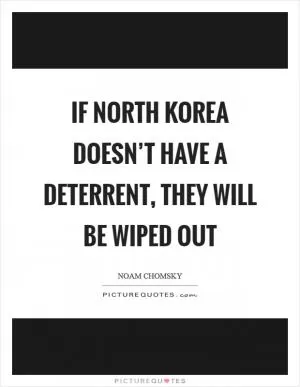
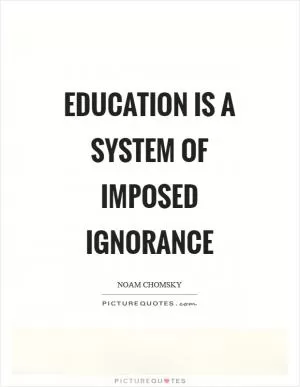


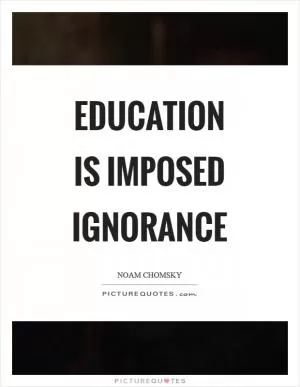
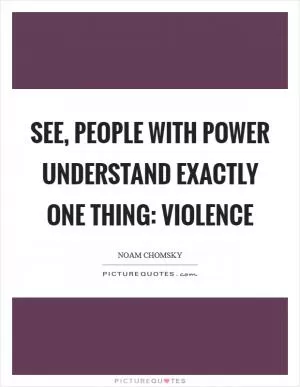
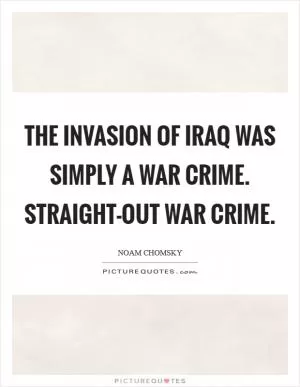

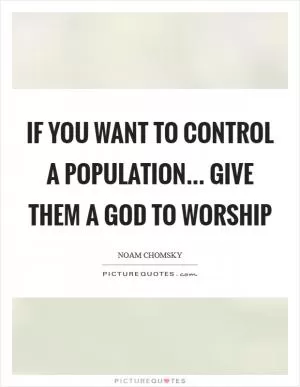
 Friendship Quotes
Friendship Quotes Love Quotes
Love Quotes Life Quotes
Life Quotes Funny Quotes
Funny Quotes Motivational Quotes
Motivational Quotes Inspirational Quotes
Inspirational Quotes